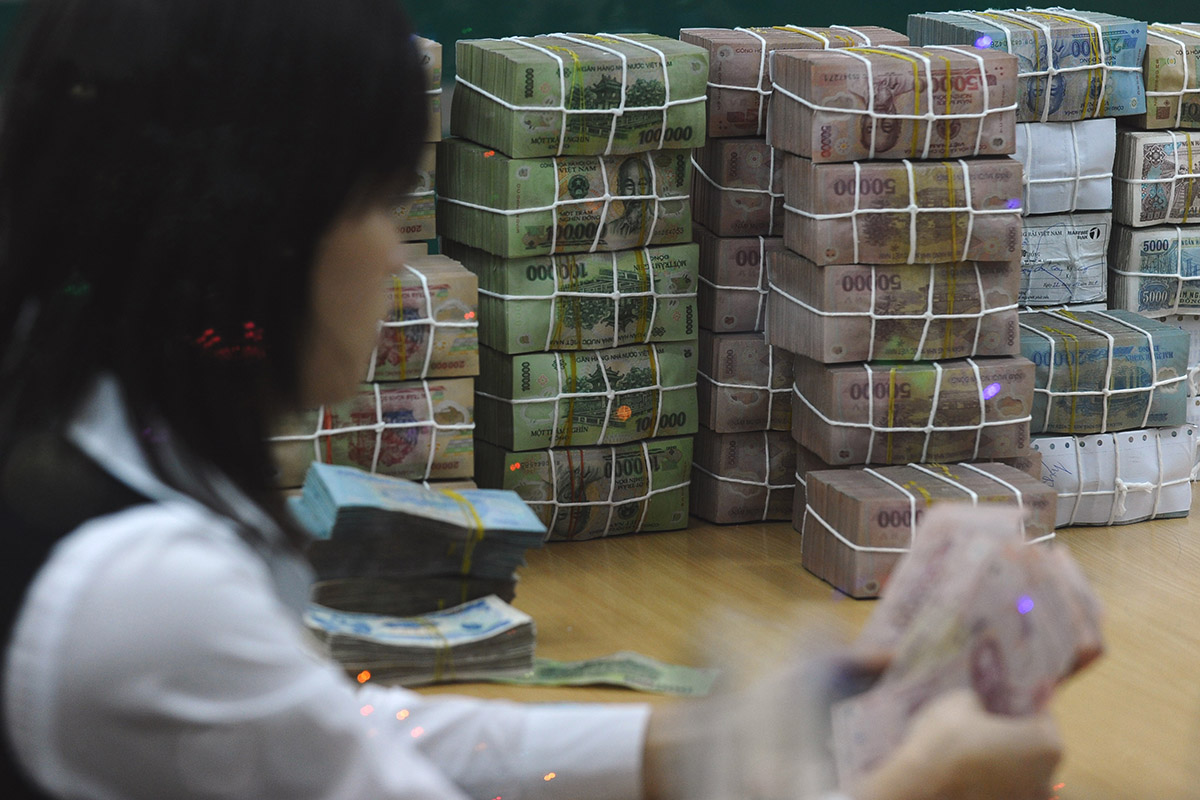Vietnamese working abroad and sending money home will help keep the currency stable and enable the central bank to focus on supporting economic growth, a senior official said.
Nguyen Hoang Minh, deputy head of the State Bank of Vietnam in Ho Chi Minh, said remittances to the city are forecast to rise 10 percent to 5.5 billion dollars this year, helping ensure enough supply of foreign currency. The city, Vietnam’s economic hub, accounted for about 60 percent of total remittance inflows last year.
Vietnam’s top sources of foreign-exchange in 2016
Vietnam was one of only a handful of Asian central banks to ease monetary policy this year, unexpectedly cutting its benchmark interest rate for the first time in three years in July. The Communist Party-led government is struggling to meet its target of 6.7 percent economic growth this year, and economists from Australia & New Zealand Banking Group and Standard Chartered said another rate cut cannot be ruled out.
Minh said in an interview at his office on September 22 that rising remittances have helped to ensure enough dollar supply to meet demand from companies and individuals, while also allowing the central bank to build foreign-exchange reserves.
“So we see no pressure on the dong to drop against the dollar at the end of the year,” he said. “It will enable the State Bank of Vietnam to pursue monetary policies that help economic growth.”
The Vietnamese dong has emerged as one of the most stable Asian currencies this year. While others like the Thai baht and the Malaysian ringgit have surged and the Philippine peso has fallen, the dong is little changed.
“Remittances have steadily increased in the past several months,” Minh said. “We expect the trend to continue toward the end of the year as overseas Vietnamese people usually send money to help their families ahead of the New Year holidays.”
The Southeast Asian nation has transformed over the years from an agricultural economy to an electronics manufacturing hub, drawing investment from companies such as Samsung Electronics. The economy has been among the fastest growing in the world, expanding more than six percent in the past two years, underpinned by foreign investment. – Bloomberg
